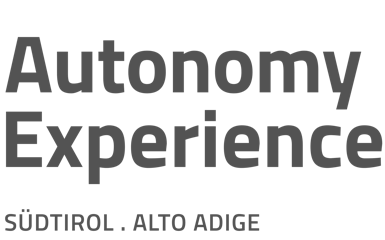Academic Network for Minority Issues
Student Minority Projects Challenge
2026 Edition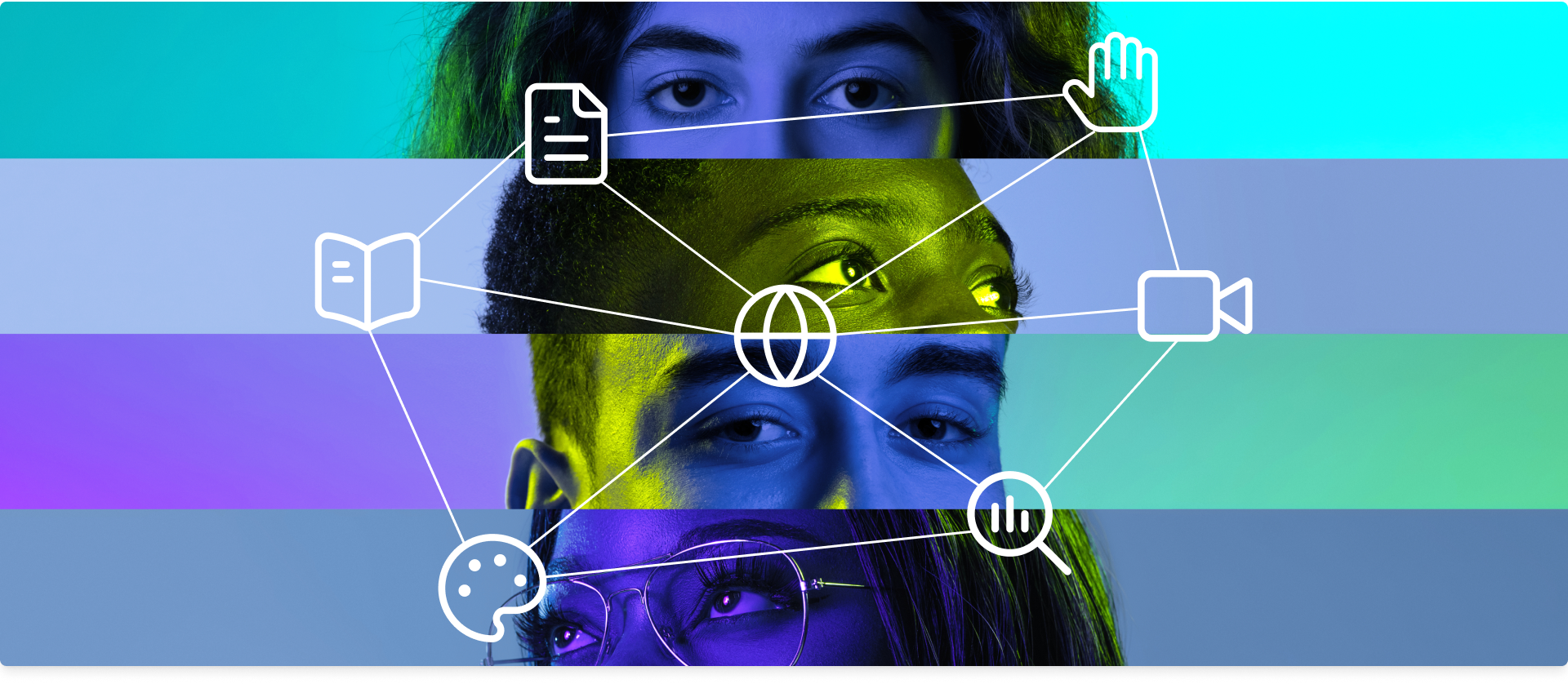
"[Young people] are critical agents of positive change and we welcome the important contributions of young people to peace and security, sustainable development and human rights."
United Nations General Assembly in the 2024 Pact for the Future on the Role of Young People
Side Event at the UN Forum on Minority Rights in Geneva
On Friday, 28 November 2025, we held a presentation and award ceremony for the Student Minority Projects Challenge (SMPC) during a side event at the 18th United Nations Forum on Minority Issues in Geneva.
Nicolas Levrat, UN Special Rapporteur on Minority Issues, opened the session with remarks on the role of youth in advancing minority issues. Arno Kompatscher, Governor of South Tyrol (Italy), then presented the Award of Excellence for Emerging Voices in Minority Research to Sophie Cooper, a student from the University of St Andrews, Scotland, and the Academic Mentor Award for Emerging Voices in Minority Research to Kyriaki Topidi from the European Centre for Minority Issues, Germany.
Sophie Cooper’s project, Promoting Intercultural Dialogue through Digital Storytelling, offered a creative approach to exploring themes of identity, belonging and national communities. Following the presentation of the project, Dr. Topidi shared insights on the mentoring experience. Projects that received honorable mentions were also highlighted during the session. Alexandra Cosima Budabin, Senior Researcher at Eurac Research and Coordinator of the Academic Network for Minority Issues, concluded the event by outlining plans for the next edition of the Challenge, which will be launched in early January 2026.

Winning Project of the 2025 Edition
Promoting Intercultural Dialogue through Digital Storytelling
Sophie Cooper and (her mentor) Kyriaki Topidis’ project, offered a creative approach to exploring themes of identity, belonging and national communities. The project focused on the minority communities living in the Denmark-Germany border region. As part of an internship with the Research Cluster Culture & Diversity, Ms. Cooper explored the personal stories of local minority members. In-depth interviews were transformed into short digital stories that combined voice, images, and music.
Showcase of Honorable Mentions 2025 Edition



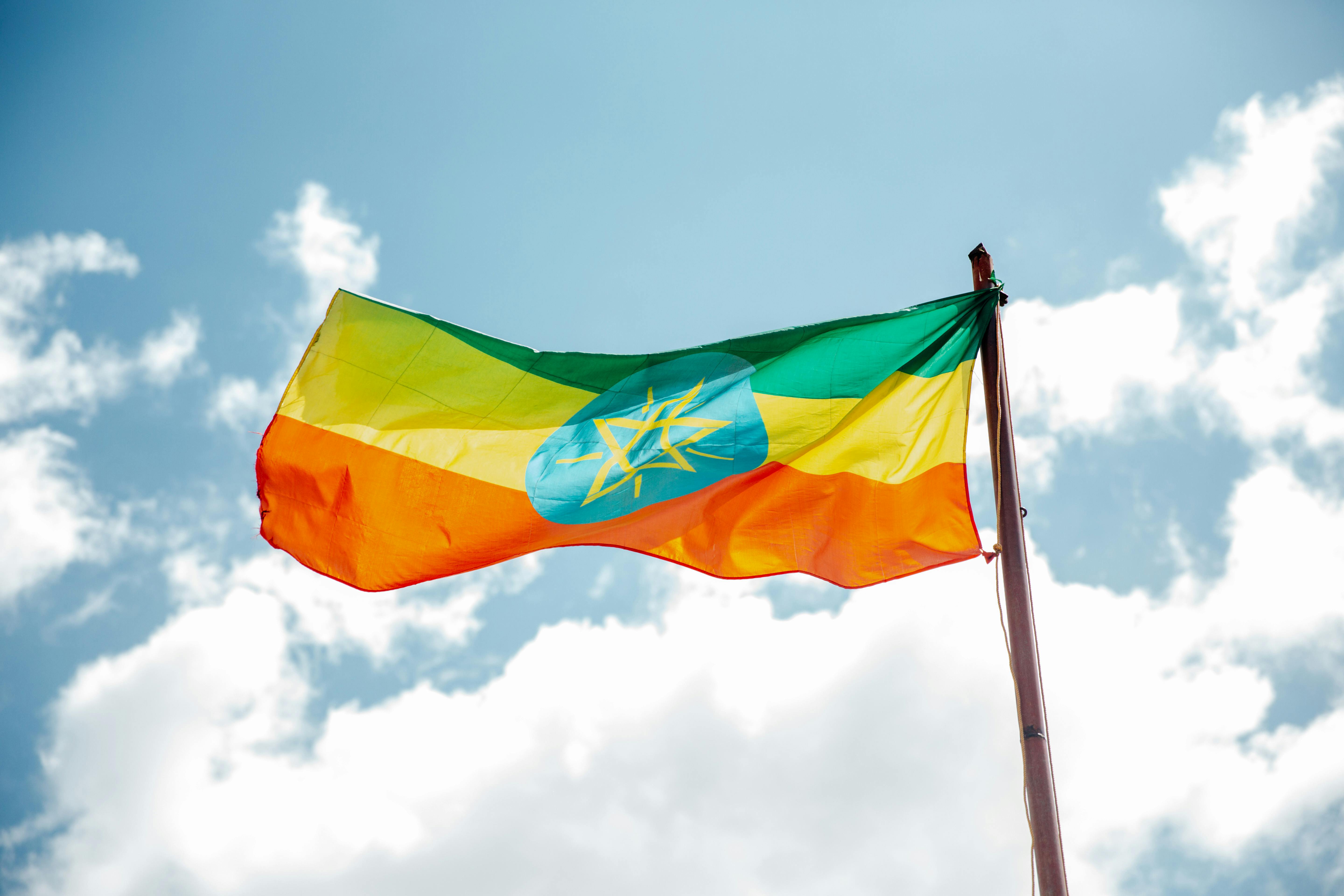

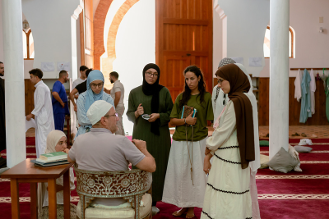
2026 EDITION COMING SOON
Sign up for the newsletter to not miss the next call.
The Academic Network for Minority Issues
The Academic Network for Minority Issues is a project-based experience sharing between students and their academic mentors. This network establishes a long-term initiative that empowers youth as influential changemakers and active participants in building pluralistic and diverse societies around the world, while effectively addressing often overlooked minority issues globally.
It will also support the development of a network of close contacts between students interested in finding concrete solutions to challenges faced by persons belonging to minority groups in different countries, while helping to raise awareness on such issues in younger generations. This initiative also presents an opportunity to establish a repository of best practices. The Student Minority Projects Challenge is an initiative to collect and showcase student-directed projects that propose innovative ideas on addressing minority issues.

Message from the UN Special Rapporteur on minority issues
There are « minority issues » everywhere. As the UN Special Rapporteur on minority issues, I have been tasked by the Human Rights Council to promote the implementation of the 1992 UNGA “Declaration on the Rights of Persons Belonging to National or Ethnic, Religious and Linguistic Minorities”.
My mandate is part of the elaborate UN system which develops and guarantees the implementation of human rights worldwide. What we are missing are original and innovative ideas to tackle specific minority issues and to enrich – through exchange of best practices and ideas – the scope of mechanisms and practices that can improve the fate of persons belonging to a minority. One category of input that is badly missing to achieve such ends are contributions from younger generations.
Submit Your Project
Project Focus Areas
As teams, students are invited to submit a project based on solo or collaborative work completed in the academic year 2025-2026 that explores a specific minority issue, preferably in their own environment or community, and develops innovative ideas, analytical tools, and new perspectives that consider one or more of the following concerns:
- the fate of persons belonging to a minority;
- the inclusion of persons belonging to a minority in society as a whole;
- the contribution of persons belonging to a minority to society as a whole.
Creative Presentation Formats
Teams are encouraged to submit projects that convey their findings in creative ways such as:

What to Know
Minority issues may be defined as situations where persons are victims of discriminations based on their belonging to a group different from the majority of the population of the State they live in.
University and college students from any academic field and level (undergraduate or graduate) enrolled during the academic year 2024-2025 can submit a project.
Applicants can be of any nationality or stateless.
Participating teams shall be composed of 1–4 students and an academic mentor (faculty member, advisor, etc) who will provide guidance for the project submission.
Projects must be student-directed and can reflect solo or collaborative work completed as part of coursework or extra-curricular activities or on behalf of an NGO.
Projects may be submitted in languages besides English.
Projects must have been completed in the period January 1, 2024-August 31, 2025.
Each team should represent diversity, referring to i.e. persons belonging to minority group(s) and persons from the dominant groups; gender balance; and interdisciplinary background of the students.
Academic mentors can be faculty, a graduate student, an advisor, or other university staff member or NGO staff member.
Each participating student who contributed to a project validated by the jury will receive a certificate of participation.
Timeline
How to Submit a Project
Projects should be submitted online by the Academic Mentor through the Survey Monkey Tool and will require
a participation entry form
a one page “executive summary” of the project in English, emphasizing the project’s specific input for improving the fate of persons belonging to minorities, its collaborative aspects if undertaken with 1-4 students, and the process in which the project was undertaken (as part of coursework, extra-curricular activities, or for an NGO)
the outcome of the project, submitted in digital format [up to 16 mb] as PDF, DOC, DOCX, PNG, JPG, JPEG, GIF files
Note: visual or audio files need to be submitted through a file-hosting website (e.g. OneDrive, Google Drive, Dropbox, Box, etc.)

Selection Process
An international jury of experts on minority issues, presided by the Special Rapporteur on Minority Issues, shall evaluate the projects submitted and identify one winning project and additional projects to receive honorable mentions.
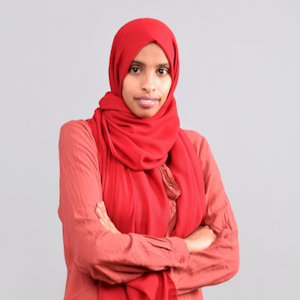
Fatuma Abdillahi Ali
Advocate of the High Court of Kenya and certified professional mediator, researcher with expertise in the United Nations, African and European Human Rights system

Professor Joshua Castellino
Executive Dean of the College of Arts, Law & Social Sciences at Brunel University London, United Kingdom

Nicolas Levrat
Special Rapporteur on minority issues
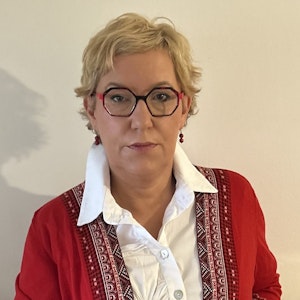
Professor Petra Roter
Chair of International Relations, Faculty of Social Science, University of Ljubljana, National Director – European Master’s in Human Rights and Democratisation

Dr. Enrique Uribe-Jongbloed
Doctor of Philosophy-PhD Aberystwyth University, Research Fellow at Cardiff University and Professor at the School of Social Communication and Journalism, Universidad Externado de Colombia
The criteria of evaluation will be:
The quality and relevance of the proposals.
The originality and creativity of the solutions proposed.
The overall impact and applicability of the ideas presented to real-world challenges.
The diversity in the composition of the teams and the evidence of collaborative work.
Recognition for the Winning Team
UN Forum on Minority Issues
The team with the best project shall be invited to attend the annual UN Forum on Minority Issues held on 28 November at the UN in Geneva, all expenses paid, and present their project in a side event of the Forum, a one-hour public event held at the Palais des Nations.
Projects recognized with honorable mentions, by the International Jury, will be posted on the website.
Resources on Minority Issues
Here you can find resources for studying Minority Issues, finding an internship or work experience on this field or if you are looking for course activities and materials.
Frequently Asked Questions
About the Project
Contact
General Inquiries
Email: academicminority@eurac.edu

Optional Title
optional abstract text





